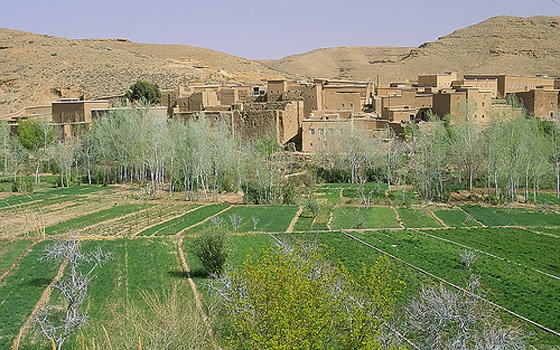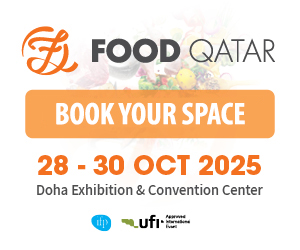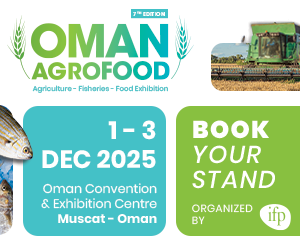A Malaysian professor wants to establish a research center in Qatar that would help the country attain self-sufficiency in food production using advanced technologies. Professor Sayed Azam-Ali, chief executive officer of Crops for the Future Research Centre (CFFRC), said food and nutritional security has been an important and interesting issue globally amid climate change and different factors that affect food production.
Using the right technology with the right knowledge, Azam-Ali has expressed confidence that the research center could bring Qatar to greater heights in producing quality and healthy foods for its people. "It will also make the country a leader in the Arab region, growing its own crops like vegetables and fruits which can be flown to other GCC states in the future," he said. Azam-Ali disclosed that the project is capable of conducting research that contributes to producing "improved local food and non-food crops with nutritional and/or market potential.
This includes growing crops in dry lands (and other climatic extremes) and producing climate-proof crops which is best done in places like Qatar. Based on CFFRC's studies, he revealed that there are still more under-utilized plant species which have high nutritional value and remained untapped. However, Azam-Ali said that to achieve this, Qatar needs to build facilities with good laboratories and come up with enough suitable crops. He said the facilities, technology and the system which will be used are not conventional but rather new and advanced. While their group has the capability to do this, Azam-Ali made an assurance that Qatar will not start from scratch. "We want to help transfer the technology.
The experience we have, we want to pass that knowledge on to them. Collaborating with local institutions, we can help facilitate that knowledge transfer," the professor said. Through these research and studies, Azam-Ali said CFFRC also aims to improve the diet of young Qataris by increasing the nutritional value of foods available in the market. The project focuses more on promoting a healthy lifestyle. "We want health to be the core, we want to encourage people to eat well, eat nutritious food, build a healthy lifestyle link to that (Qatar's fitness programs like the National Sport Day) as it encourages its population to be active," he noted.
Citing the importance of sports, the professor said Qataris must also be given a wide range of ingredients and food products that they can take on to complement the former, especially young people "so they get into good healthy eating habits and a minimum cost to the environment. "CFFRC started operating in September 2011. It has established major programs including the use of underutilized plant species as sources of aquaculture feed, biomass for energy, nutritional diversification and transition from monocultures. It initiated the development of the world's first eb-based platform as a primary knowledge and decision support system for underutilized crops.
It also completed earthworks for the CFFRC Headquarters containing three iconic "domes" with the state-of-the-art laboratories, a visitor center and an alternative crop garden. Based in Kuala Lumpur, Malaysia, CFFRC is a public-private partnership between the Malaysian government and Britain's University of Nottingham. The professor said that using smart concepts and green technologies, the CFFRC HQ will use locally-sourced biomaterials to minimize its carbon footprint. It will be completed in March 2014 with the first dome ready in November this year.
"One of the reasons why we are here is to ask the people of Qatar, the Qatar government and the institutions, universities, Qatar Foundation if they will collaborate with us in establishing a center here that would partner with us with other countries in Asia and in Africa," he said. "This is to build an international partnership and Qatar would be the leader in this region," said Azam-Ali, who earned his Plant Biology degree at the University of Wales. The professor completed his Doctor in Philosophy in Environmental Physics at the University of Nottingham in Malaysia in 1983. He then worked as a plant physiologist at the International Crops Research Institute for the Semi-Arid Tropics, Hyderabad, India.
Gulf Times
15 February













































































